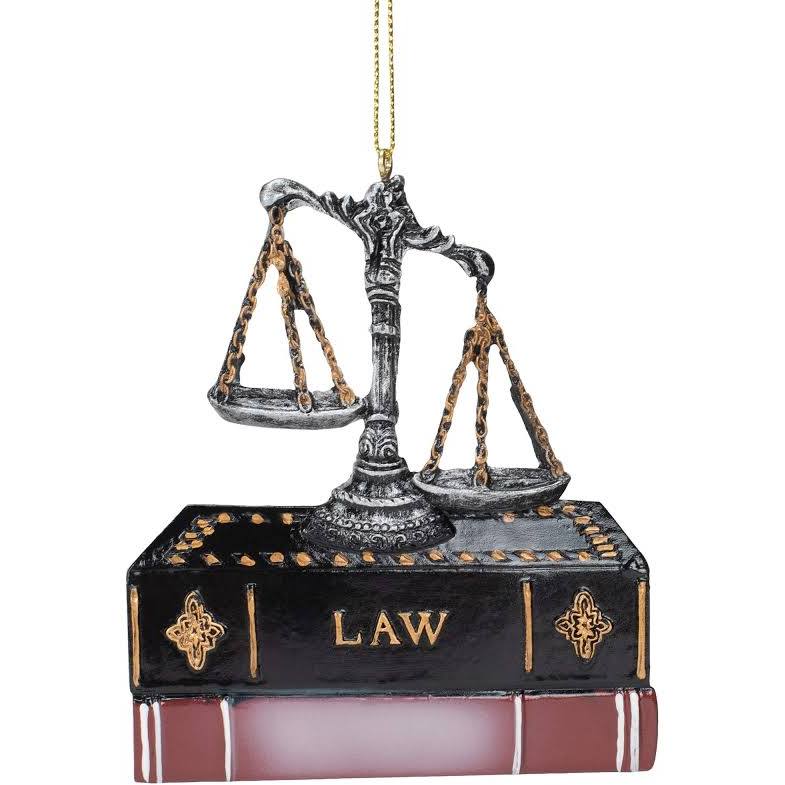
In the most recent test of his stated commitment to open government, Mayor Greenberg is failing.
https://www.lpm.org/news/2023-07-05/19-people-applied-for-louisville-po…
Asked to identify all applicants for the position of chief of police, he hedged. Rather than acknowledged that his administration has made the policy decision to withhold the names of all applicants except the applicant who is selected, his administration placed responsibility at the foot of the open records law, insisting that the law requires secrecy.
General counsel David Kaplan -- a man I know and deeply respect -- asserted that "past AG decisions 'require' Louisville Metro to 'respect the privacy interests of candidates for positions who are not chosen.'"
This in not true.
Certainly, in deciding whether to deny an open records request for the application materials of all applicants for the position of chief of police, the agency must consider the unsuccessful applicants’ privacy interest.
But that is by no means the only interest to be considered.
The applicants’ privacy interest must, by law, be weighed against the public’s interest in disclosure. The public interest “is premised upon the public's right to expect its agencies properly to execute their statutory functions. In general, inspection of records may reveal whether the public servants are indeed serving the public, and the policy of disclosure provides impetus for an agency steadfastly to pursue the public good.”
https://law.justia.com/cases/kentucky/supreme-court/1992/90-sc-498-dg-1…
Imagine if a request were made for public employee disciplinary records, and the agency considered the disciplined employee’s interest in avoiding embarrassment only. Imagine further that it ignored the public interest in ensuring that it — the agency/employer — conducted a thorough and fair investigation and imposed appropriate discipline.
The balancing test yields the correct result. The public’s interest in ensuring the agency discharged its statutory function to investigate and discipline public employees who breach the public trust, in most instances, outweighs the inconvenience and embarrassment to the employee associated with disclosure.
There is nothing to suggest that the Greenberg administration applied the balancing test here.
The statutory function in the present dispute is the mayor’s selection of a new chief.
https://apps.legislature.ky.gov/law/statutes/statute.aspx?id=53065
Given the turmoil associated with past chiefs of police, and the crisis in public trust that this turmoil engendered, no one can dispute the existence of a heightened level of public interest in who will lead LMPD.
But the Greenberg administration has made no apparent effort to meet it statutory burden of proving that denial of records identifying unsuccessful applicants’ for the chief’s position — on these facts — is proper. Citation to a single open records decision from 2010, involving different facts and in which a different weight was assigned to the competing public and private interests, is not sufficient under the law.
https://apps.legislature.ky.gov/law/statutes/statute.aspx?id=51394
(See subsection (2)(c)).
https://apps.legislature.ky.gov/law/statutes/statute.aspx?id=23066
(See subsection (3)).
The second sentence of the first paragraph of the 2010 open records decision the administration cites in support of its position emphasizes that Kentucky’s courts have established that “[a] bright-line rule completely permitting or completely excluding from disclosure public . . . [records] is at odds with existing law.”
https://www.ag.ky.gov/Resources/orom/2010/10ORD196.doc
https://caselaw.findlaw.com/court/ky-court-of-appeals/1119502.html
Indeed, the decision identifies a prior open records decision in which the Attorney General concluded that “an application letter submitted by a state representative in his public, but ultimately unsuccessful, bid to become president of Eastern Kentucky University, must be disclosed.”
The cited 2003 Attorney General’s open records decision — involving a state representative’s application letter for his unsuccessful appointment to the position of Eastern Kentucky University president — applies the balancing test established by the Kentucky Supreme Court.
https://www.ag.ky.gov/Resources/orom/2003/03ORD084.doc
Visualize the scales of justice. On one side of the scale is the public’s interest, and the privacy interest is on the other. Where the scales of justice are weighted in favor of the public’s interest because the public interest is more strongly substantiated, the privacy interest must yield and the record must be disclosed. Where the scales of justice are weighted in favor of the privacy interest because the privacy interest is more strongly substantiated, the public interest must yield and the records may be withheld. Where the scales are equally weighted, the balance tips in favor of disclosure based on “the general rule of inspection and its underlying policy of openness for the public good.”
“[T]here is but one available mode of decision, and that is by comparative weighing of the antagonistic interests. Necessarily, the circumstances of a particular case will affect the balance. The statute contemplates a case-specific approach by providing for judicial review of agency actions, and by requiring that the agency sustain its action by proof. [T]he question of whether an invasion of privacy is ‘clearly unwarranted’ is intrinsically situational, and can only be determined within a specific context.”
https://law.justia.com/cases/kentucky/supreme-court/1992/90-sc-498-dg-1…
Let’s recognize the Greenberg administration’s decision to withhold records identifying unsuccessful applicants for the LMPD chief’s position for what it is: a choice. The privacy exception “is a shield and not a shackle.” It is not “bound” by the exception.
https://caselaw.findlaw.com/court/ky-supreme-court/1653243.html (declaring that “the General Assembly did not intend to mandate an iron rule of non-disclosure whenever an exemption applies” and exemptions can be waived).
If legally challenged, the Greenberg administration would no doubt try to build a stronger case for nondisclosure. The administration’s decision to withhold records identifying unsuccessful applicants might even be affirmed — upon presentation of a more strongly substantiated privacy interest — in spite of the heightened public interest arising from years of LMPD controversy that has bred public mistrust.
It might not.
But let’s stop blaming the open records law for the Greenberg administration’s choice.


